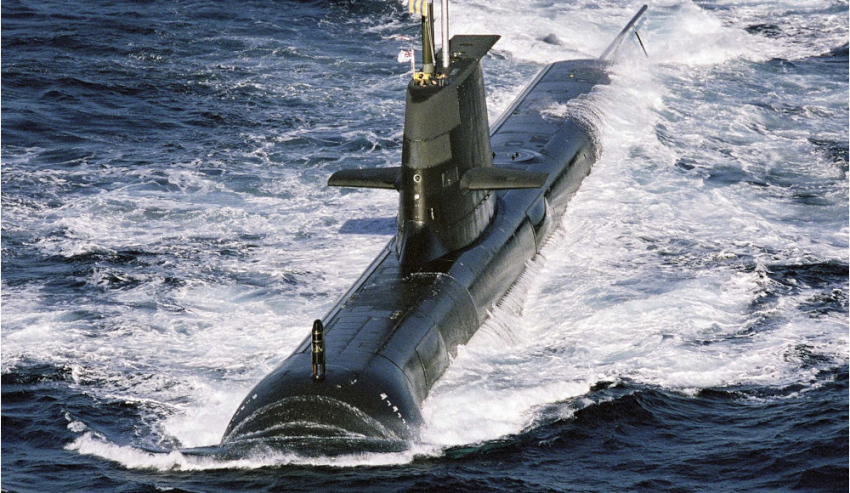The South Australian government has weighed in on Parliament’s proposed Bipartisan Australian Defence Agreement, arguing Defence’s Integrated Investment Plan (IIP) lacks detail.
To continue reading the rest of this article, please log in.
Create free account to get unlimited news articles and more!
Federal Parliament is inquiring into the benefits and risks of a Bipartisan Australian Defence Agreement with a focus on the efficiency of Australia's existing strategic planning process and bipartisan or independent approaches, the opportunity cost of short-term and shifting defence priorities, and whether such an agreement should include the role and responsibilities of other agencies that contribute to Australia’s foreign policy, intelligence and security, and defence architecture.
The SA government has given its support to the concept in a bid to secure ongoing funding to defence projects, of which many will take place in SA, but has called on the government to improve the IIP, a 2016 document that includes all capital and related investments in defence, such as materiel, estate and facilities, workforce, and information and communications technology.
The state government has argued more detail to the IIP will provide industry with more confidence ahead of upcoming investment decisions.
"There is, however, significant additional detail required in the IIP, such as a more detailed scope and precise timings of milestones (e.g. first pass, second pass, request for tender) to provide the confidence to industry to make key investment decisions," the submission said.
"This added level of detail also increases the transparency of the process and assists in holding the Department of Defence and federal government accountable for timely execution of taxpayer-funded defence programs."
Unsurprisingly, the state government is also supportive of a bipartisan agreement to support the Naval Shipbuilding Plan, which will see 12 submarines, nine frigates and two offshore patrol vessels built in Adelaide, equating for much of the $89 billion spend in naval shipbuilding.
The submission touches on the US Navy 30-year shipbuilding plan as an example Australia could follow to support its sovereign shipbuilding industry.
"A good benchmark for long-term strategic industrial planning is considered to be the US Navy’s 30-year shipbuilding plan," the submission said.
"It is a strategic document that is regularly updated to reflect progress on naval programs, technology changes, industrial considerations and long-term funding priorities. Key investment decisions and training needs can be derived from the forecast fleet disposition over the next 30 years. It is endorsed by both parties. Whilst it may not be appropriate for other domains, it is considered to be an essential document for managing strategic industrial capabilities."
The inquiry will be chaired by Liberal senator Linda Reynolds. Submissions remain open.

 Login
Login







